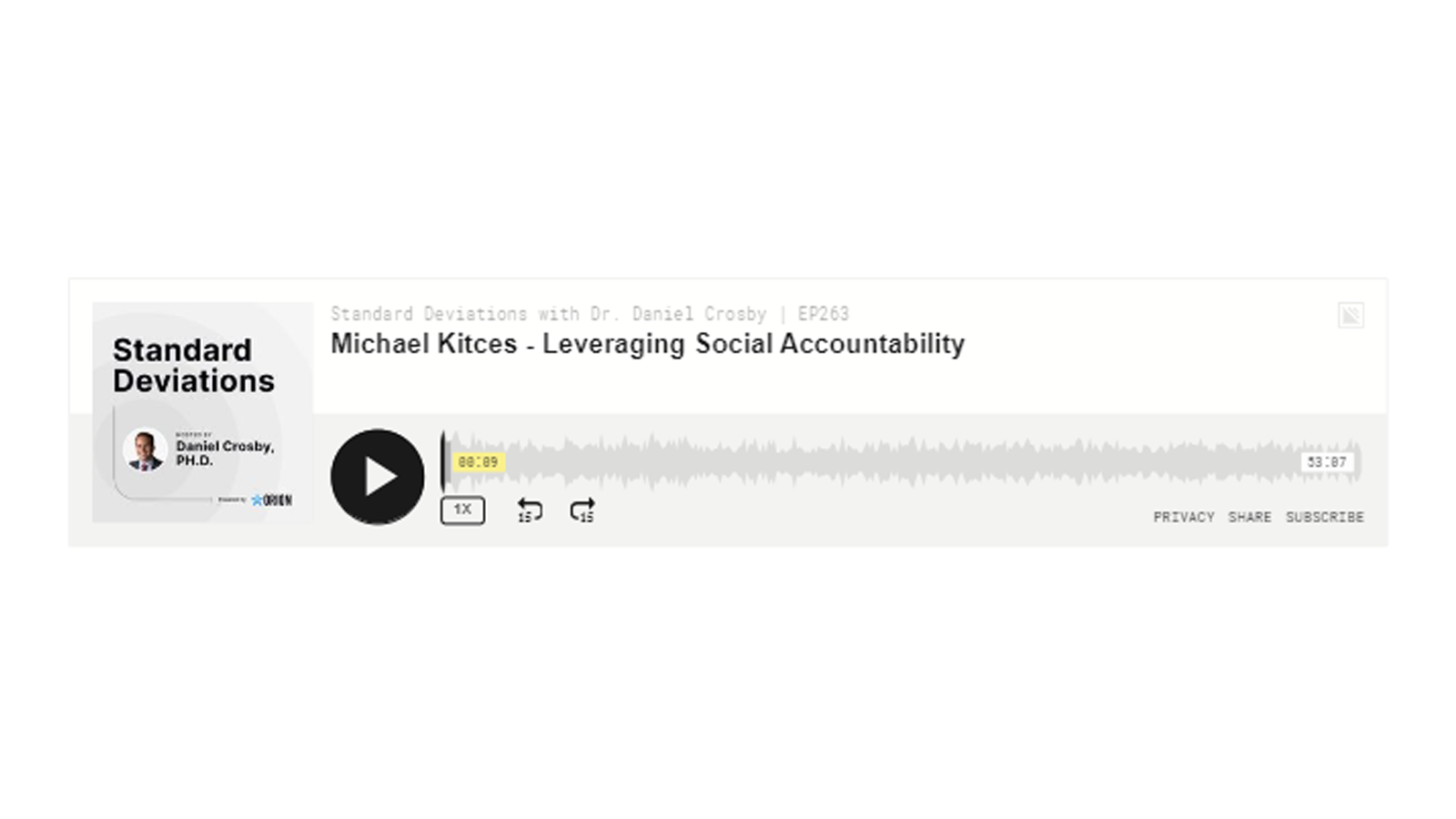In the latest episode of the podcast Standard Deviations, Dr. Daniel Crosby spoke with Michael Kitces about Leveraging Social Accountability. Can advisors use social accountability to help clients follow through on their plans? How will technology affect the future of financial planning? “You have to know you’re going to be sitting across from someone who’s […]
Trending Links

The Impact of Subjective vs Objective Financial Knowledge
The Journal of Financial Therapy recently published an article about the Direct and Indirect Effects of Subjective Financial Knowledge with Financial Satisfaction. For this study, subjective financial knowledge was defined as confidence in personal financial knowledge, compared to objective financial knowledge defined as actual financial knowledge. They found that subjective financial knowledge influences financial satisfaction, […]
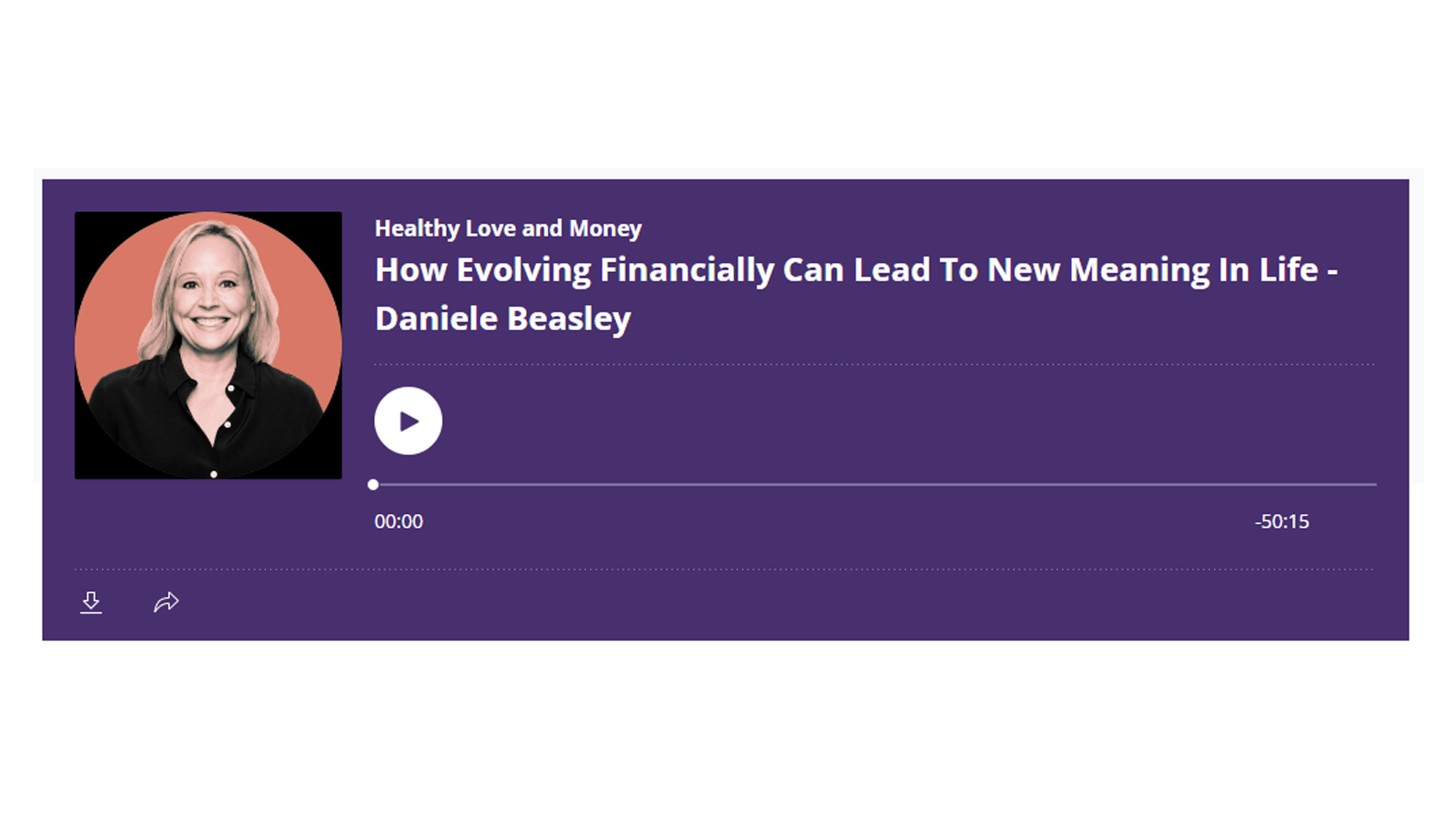
How Evolving Financially Can Lead To New Meaning In Life
Edward Coambs, CFP®, LMFT, CFT-I™ recently hosted Daniele Beasley, MBA, CFP® on the Healthy Love & Money Podcast for an Episode on the evolution of finances and creating meaning in life. How do finances evolve over time? How do we balance and plan for our present and future selves? How can taking time to make […]

How Wealthy Do Your Clients Feel?
TD Wealth Behavioral Finance recently published an Industry Report on Wealth Confidence. The press release conveyed an overarching takeaway: “A client can be rich, or they may be well on their way to becoming rich…but that doesn’t mean they feel rich.” According to the report, feeling wealthy is about 3 things: Overall Well-Being Relative Social […]

Gen X Financial Advice with Caleb Silver and Dr. Preston Cherry
Dr. Preston D. Cherry, AFC®, CFT-I™, CFP® recently hosted Caleb Silver on The Life Money Balance Podcast for an episode on financial advice for Gen X. What are the unique characteristics of latchkey kids/sandwich generation, and how does it impact financial advice? “Questions like: Do you think you’re going to have to fund a wedding […]
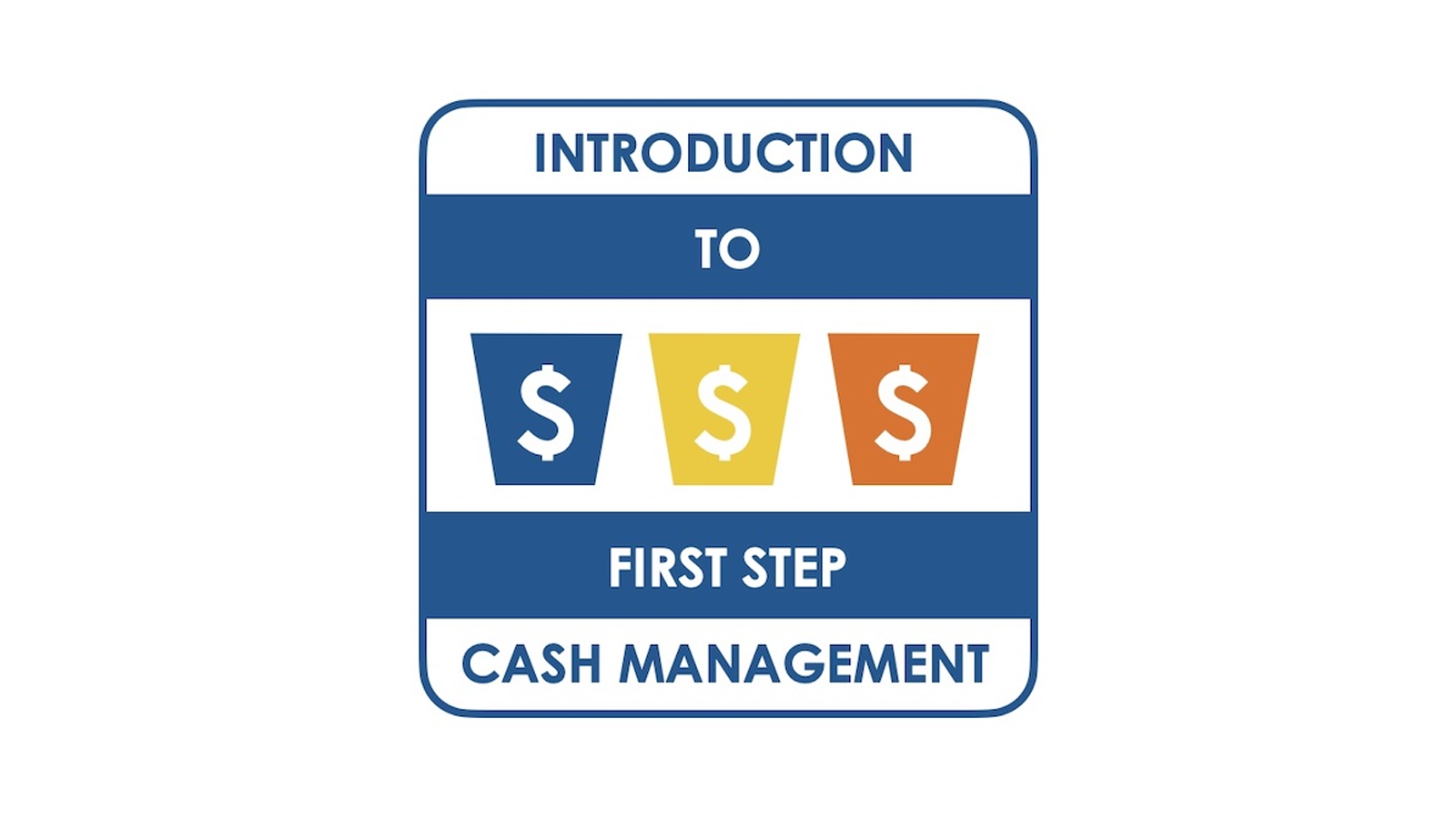
Growing Number Living Paycheck to Paycheck
A recent LendingClub report has been in the news a lot lately. Many are surprised to learn that 61% of people in the U.S. live paycheck to paycheck. Interestingly, compared to previous years, a larger portion of these individuals are urban dwellers and individuals making over $100,000/year. All of this begs the question: When […]
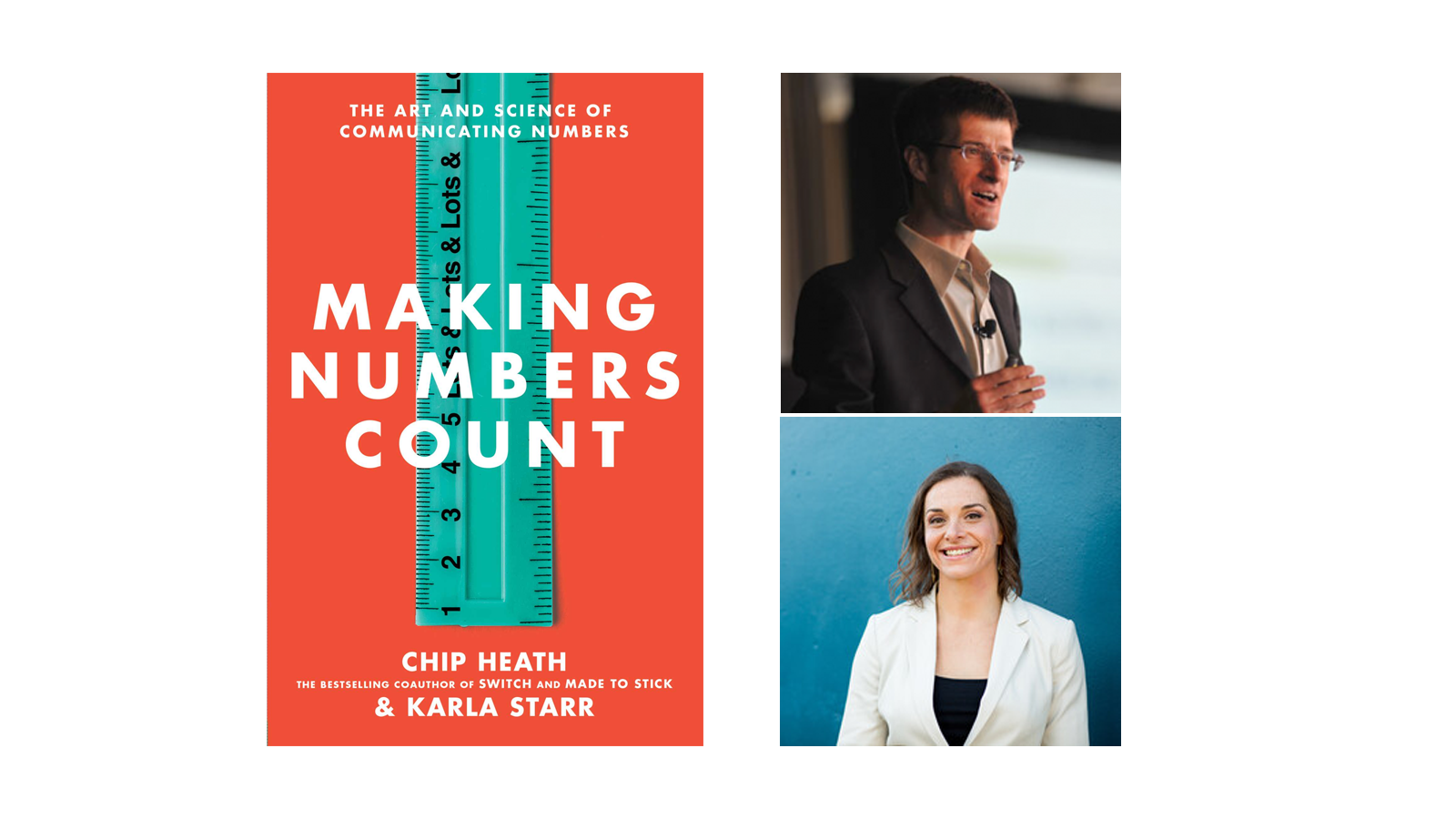
Making Numbers Count
What if communicating about numbers has little to do with talking about the numbers themselves? Making Numbers Count by Chip Heath and Karla Starr explains how to take robust numerical information and turn it into something people understand. “This book is based on a simple observation: we lose information when we don’t translate numbers into […]

Ashley Quamme: Playing Therapist?
Ashley Quamme talked with Matt Halloran on Playing Therapist? Why Referring out Strengthens Client Relationships about the lines between financial planners and marriage counselors or mental health practitioners. What should you do when your client’s needs exceed your practice scope? How will referring them out affect your relationship? Check it out! “If you’re not comfortable […]
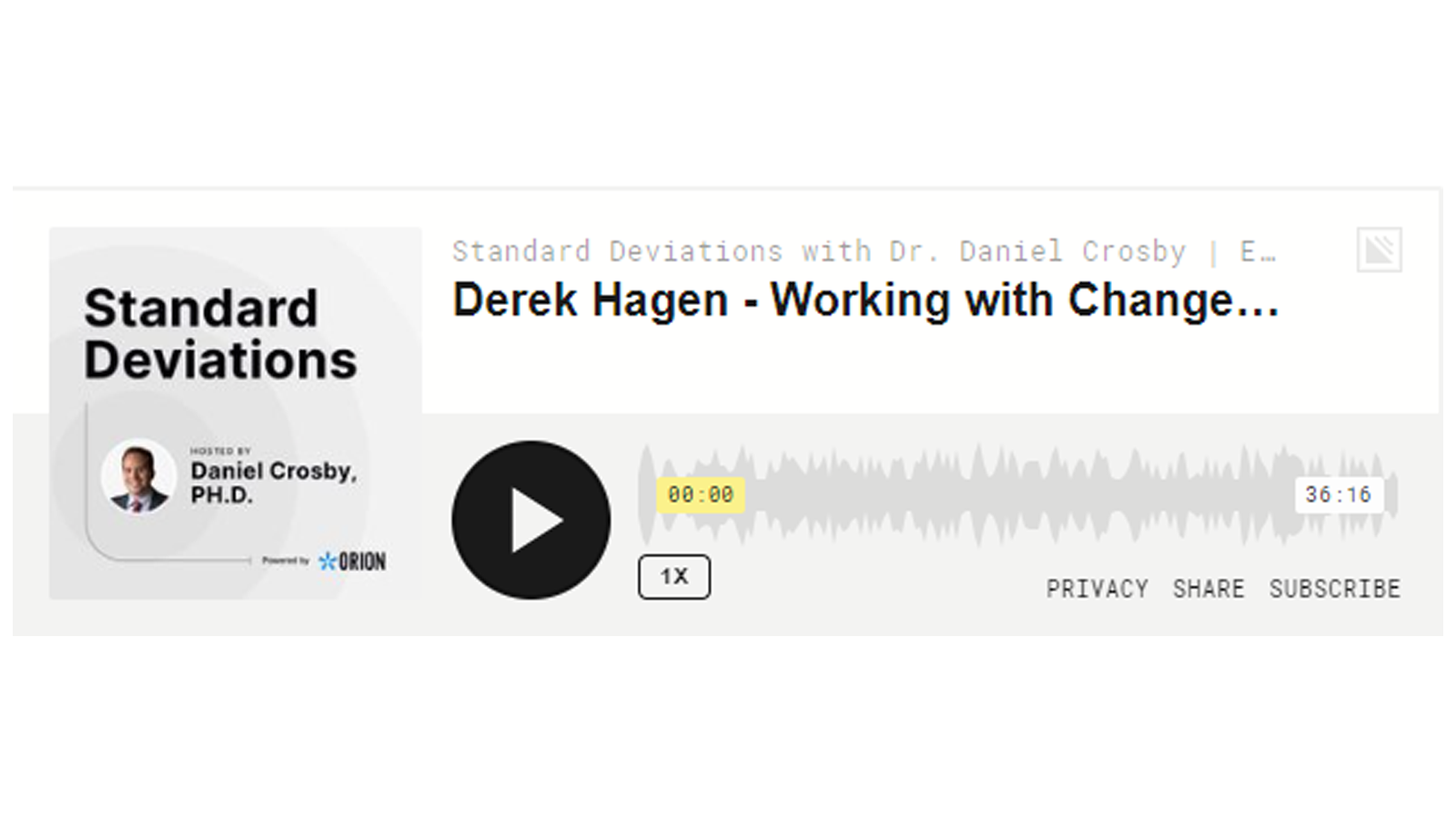
Avoiding the “Righting” Reflex
Dr. Daniel Crosby invited Derek Hagen to join the Standard Deviations Podcast for an episode on the difference between advisor perception and the actual data on client compliance, the “stages of change”, avoiding the “righting” reflex, and helping clients manage financial anxiety. “Any communication that is…pro-change, I want that to come from [the client]. Because, […]

A Battle Between “Why” and “What Else”
In an incisive article about facilitating client conversations, Meghaan Lurtz, PhD, FBS advocates the utility of asking “what else?” to draw information and build trust as opposed to asking “why?” in a root-cause-analysis approach. There are many reasons asking “why?” may not have the effect that an advisor is hoping for. Meghaan points out that […]

